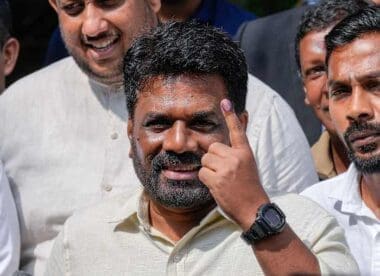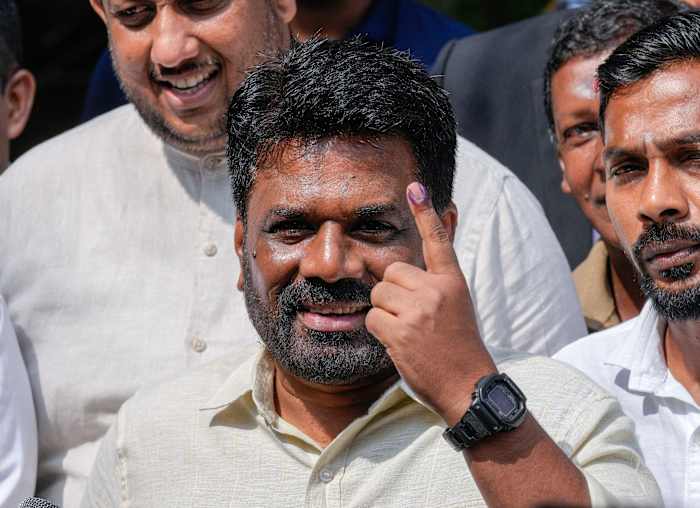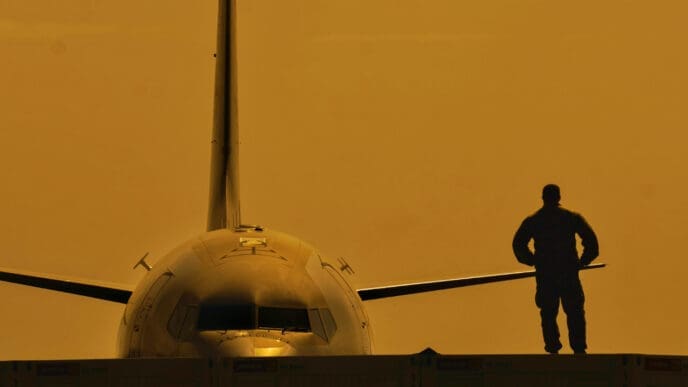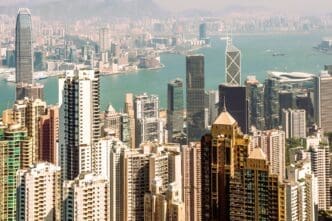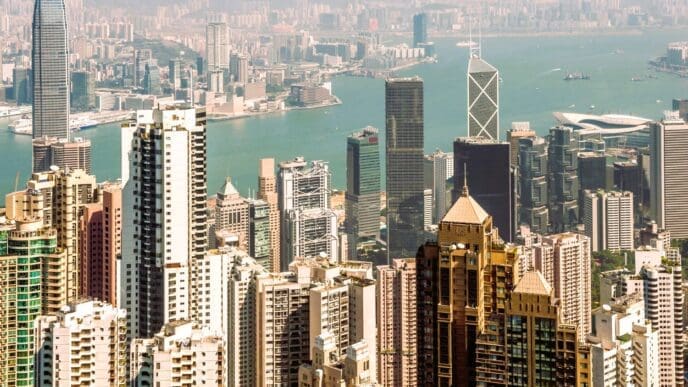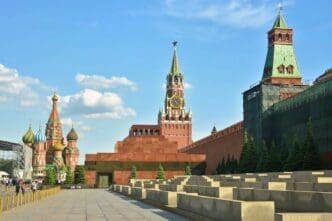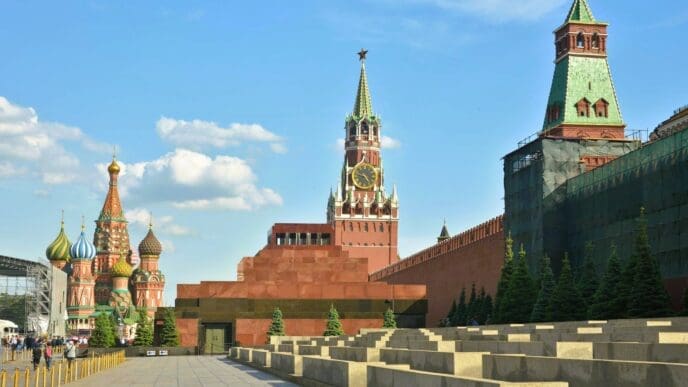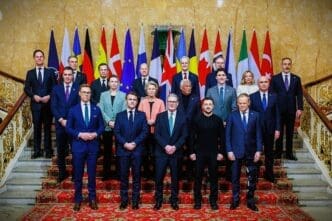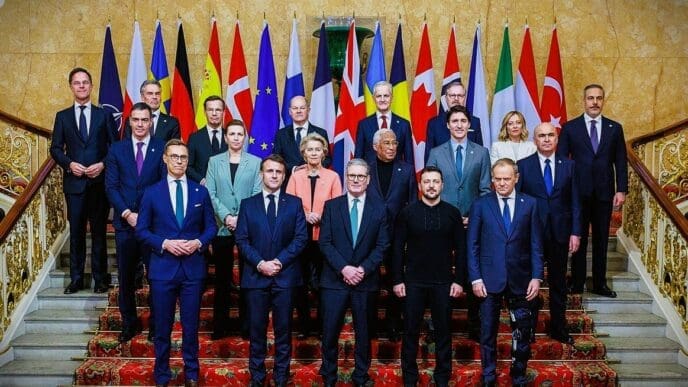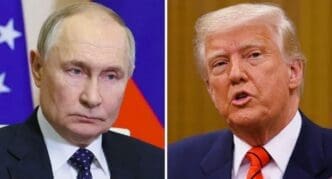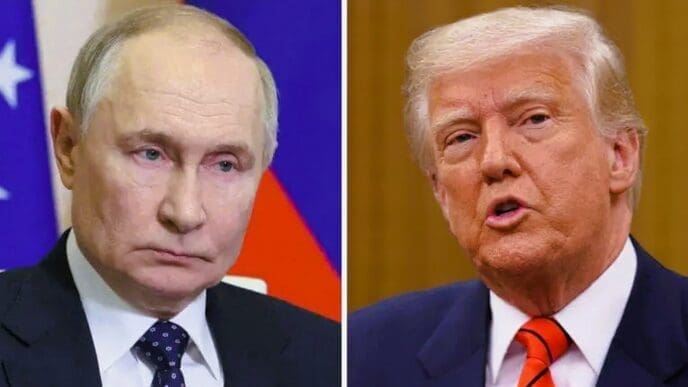Following a decisive victory in last week’s parliamentary elections, Sri Lanka’s newly elected Marxist-leaning president, Anura Kumara Dissanayake, has swiftly moved to establish a 21-member Cabinet. This development comes as the nation grapples with a severe economic crisis.
The recent election gave President Anura Kumara Dissanayake’s party a commanding two-thirds majority, enabling him to implement significant reforms without requiring support from other political parties. With his party securing 159 out of 225 seats, Dissanayake is poised to honor his campaign promise of drafting a new constitution.
Sri Lanka finds itself in the throes of its worst economic turmoil, having declared bankruptcy in 2022 due to defaulting on external debt. Despite these challenges, Dissanayake has maintained a pledge to keep the Cabinet under 25 members, a majority of whom are new to the legislature.
One notable appointment is Harini Amarasuriya, who has been reappointed as prime minister in the new Cabinet. As the first woman to lead the national government in 24 years, her leadership began in September when she assumed the role during the interim government following Dissanayake’s presidential election win.
Dissanayake’s presidency marks a significant shift from traditional political parties that have governed since Sri Lanka’s independence in 1948. Winning the presidential election with 42% of the vote raised questions about the party’s potential success in parliamentary elections; however, the results affirmed a substantial swell in support.
Facing the daunting task of economic stabilization, the government is currently engaged in a bailout program with the International Monetary Fund (IMF). While Dissanayake had initially criticized the terms of the existing IMF deal, attributing it as a burden on the populace, he has since agreed to adhere to the terms poised by his predecessor, Ranil Wickremesinghe.
The economic decline has been attributed to various factors, including mismanagement and repercussions from the COVID-19 pandemic, as well as the deleterious effects of militant attacks on the tourism sector in 2019. These events, coupled with substantial tax cuts that depleted national revenue, left Sri Lanka struggling with foreign exchange shortages.
This economic distress catalyzed a political shift, leading to the resignation of the former president, Gotabaya Rajapaksa, in 2022. Although efforts under Wickremesinghe’s interim leadership led to economic stabilization and improvement in currency reserves, public dissatisfaction with increased taxes eroded his popularity.
The public’s choice of the NPP, the party representing new political ideals and a call for an end to corruption, reflects a desire for change. Dissanayake’s commitment to address previous governmental corruptions further raised public expectations for recovery and reform.
As Sri Lanka navigates through economic recovery, the new leadership under President Dissanayake faces the dual challenge of stabilizing the economy and fulfilling the public’s call for reform and accountability. The coming months will be critical as the nation seeks to emerge from its economic woes under a new governance paradigm.
Source: News4jax

